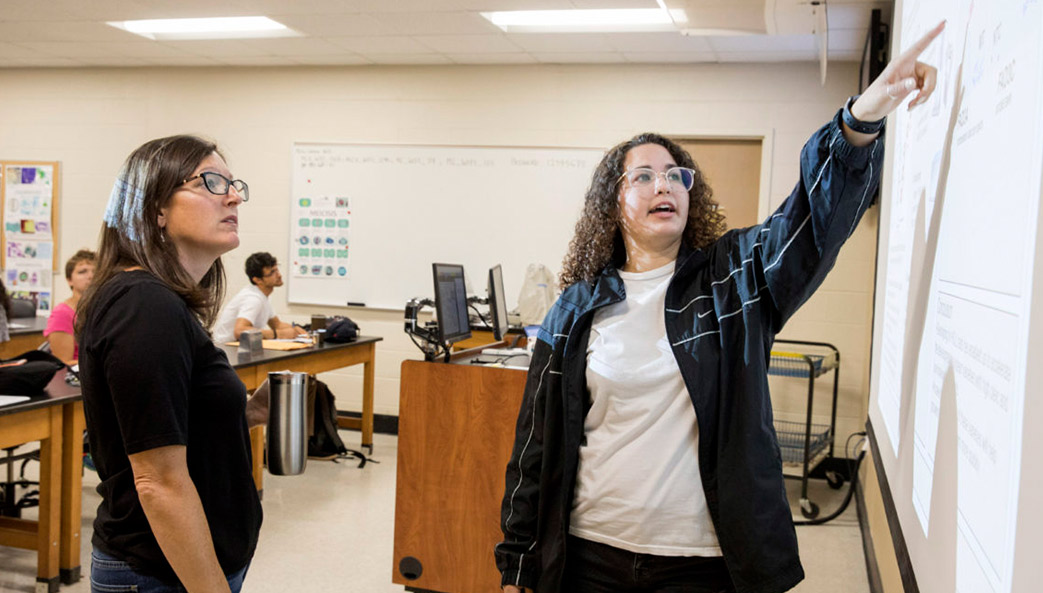The University of Georgia’s Interdisciplinary Field Program, a 60-day experience that takes students from Sapelo Island, Georgia all the way to the Pacific Ocean, mixes geology, ecology, and anthropology into an epic road trip across America.
They travel through 20 states and to 23 national parks and monuments, logging nearly 12,000 miles on the road and another 100 or so hiking on foot. It’s much more than a sightseeing trip, however. A rotating cadre of UGA faculty and teaching assistants leads the program, and at every stop travelers get a lesson about the landscape, environment, and human aspects of the location.
The program begins with a weeklong “boot camp” at UGA’s Marine Institute on Sapelo Island, where instructors drill on the basics. Lab work and excursions on the mostly undeveloped barrier island break up the class sessions. Boot camp ends with an exam to ensure students have a baseline understanding of these disciplines before the traveling begins.
Along the way, students have visited over 20 national parks and monuments, including Grand Canyon, Zion, Yosemite, Mount St. Helens, Glacier, and Yellowstone.
The program began in 1988 as an Honors geology field course. It has steadily grown ever since. With the university’s emphasis on experiential learning, UGA President Jere Morehead has encouraged more place-based learning opportunities like the Interdisciplinary Field Program.
Open to undergraduates of any major or year of study, students have the unique opportunity to explore iconic places, gain new understandings of the natural history of North America, and apply this information to current energy, water, land-use, and other resource-based issues.
Read a full story on the experience here.





